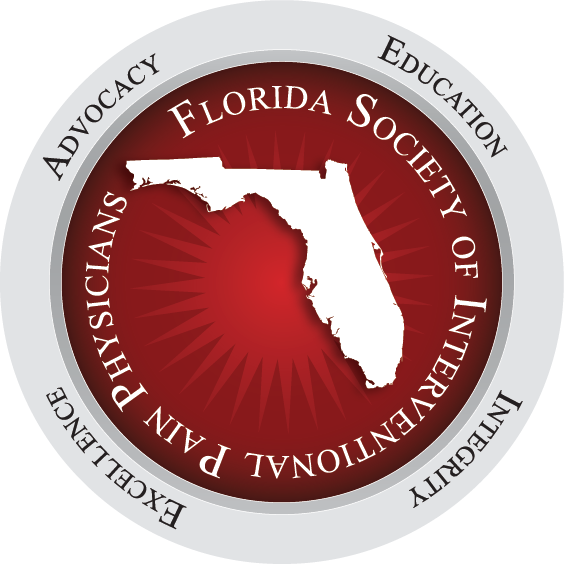COVID-19 hospitalizations in the US set a record high last week, passing the previous record of 16,497 new hospitalizations per day (January 8, 2021). The 7-day average as of January 10 is 20,269. The CDC is also reporting a surge in the number of current hospitalizations, up from an average of 91,030 hospitalized COVID-19 patients on January 3 to 124,163 on January 10, an increase of 36.4% over that period. The current average is slightly above the previous record high—124,031 on January 11, 2021. Daily mortality is increasing, and the surge in hospitalizations is placing severe strain on health systems nationwide, which could contribute to increased mortality for COVID-19 patients as well as those seeking care for other conditions. Washington Gov. Jay Inslee issued an emergency order Jan. 13 to temporarily restrict hospitals from performing non-urgent healthcare services, procedures and surgeries. Some states are now experiencing a decline. Good news.
The word “mild” has been widely associated with the omicron variant, causing many to adopt a dangerously cavalier mindset about the variant, health experts told The Atlantic. Amid emerging research suggesting the variant causes less severe illness and fewer hospitalizations than delta, many people have misconstrued this evidence and adopted the false notion that omicron is not risky at all. This is “a very dangerous attitude,” said Akiko Iwasaki, PhD, an immunologist at Yale School of Medicine in New Haven, Conn. Calling omicron “mild” shifts responsibility of harm prevention away from humans and onto the virus. This is problematic, considering the virus’s only imperative is to spread. The more opportunities the virus has to infect new hosts, the more opportunities there are for new variants to emerge and prolong the pandemic. And even though a relatively small proportion of omicron cases are severe, the sheer volume of new infections recorded over the last month has still brought COVID-19 hospitalizations to record levels and overburdened the U.S. healthcare system. Omicron is also magnifying chronic health issues that are proving fatal for some patients, according to Dr. Santhosh of UCSF Health. “You could say they didn’t die of COVID,” she told The Atlantic. “But if they didn’t have COVID, they wouldn’t have had this issue.” Ultimately, Americans must recognize their role in limiting omicron’s harm and realize that the surge’s severity is not up to the virus alone.
The federal website where Americans can order free coronavirus rapid tests is up and beginning tomorrow will allow each household to order up to four tests. The website, called covidtest.gov, will require that users provide their names and addresses to receive the tests. The government purchased 500 million rapid tests that will be available to every household, and will limit to four the number of tests sent to each address. The tests will be shipped 7 to 12 days after being ordered so they likely will arrive after the peak of the omicron surge on the East Coast. The HCA predictive analytics team is projecting that the current surge in Florida will peak by the end of the month and decline fairly rapidly afterwards.
CSSE is reporting last Friday 64,321,367 positive cases in the U.S. and 847,105 deaths.



